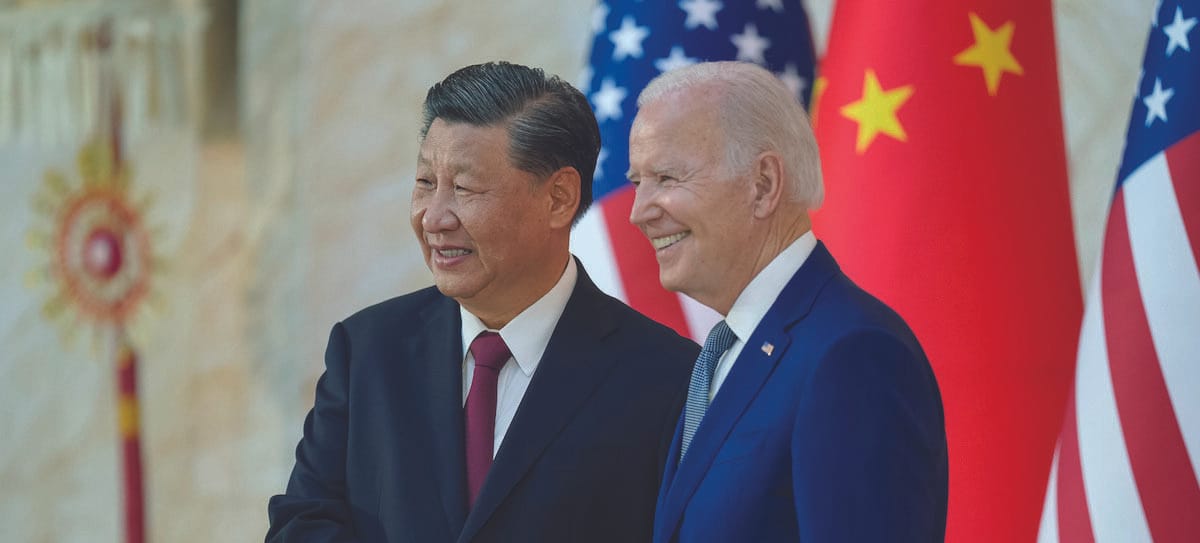US and China fear AI more than Each Other
The US and China are planning their first talks on regulating Artificial Intelligence (AI), particularly its use in weapons and strategic applications.

US and China to Discuss Arms Control for Artificial Intelligence
Summary:
- The US and China are planning their first talks on regulating Artificial Intelligence (AI), particularly its use in weapons and strategic applications.
- This is a significant development as China has previously resisted discussions on limiting its nuclear arsenal.
- The talks aim to establish common ground on responsible AI development and potential bans on its use in specific areas like controlling nuclear weapons.

US-China Talks on AI Arms Control
The US and China are set to hold their first discussions on regulating Artificial Intelligence (AI) later this month. These talks mark a significant development in managing the growing influence of AI in international relations. A key focus will be on establishing rules for responsible AI development and potentially banning its use in specific areas like controlling nuclear weapons. China's willingness to engage in these discussions is surprising as they have previously resisted talks on limiting the size of their nuclear arsenal.

The Rise of Cyber Threats and the Need for New Diplomacy
The discussions stem from a growing recognition of the disruptive potential of AI and cyber threats. These include sophisticated cyberattacks, vulnerabilities in undersea cables, and the battle for control of the internet. This has prompted various US government agencies to develop strategies to address these emerging threats.
A Fragmented Digital Landscape and Competition Between Superpowers
The initial optimism of a "global internet" has been replaced by a "fragmented system" according to Nathaniel C. Fick, the State Department's ambassador for cyberspace. This fragmentation fuels competition between superpowers like the US and China, with each vying for dominance in key technologies.

Building Digital Solidarity and Securing Critical Infrastructure
The US strategy emphasizes "digital solidarity" with allies who share similar views on how technology and information flows should be regulated. This includes securing control over physical technologies like undersea cables, which are vital for global connectivity. The US is concerned about China's growing dominance in laying these cables and aims to maintain a competitive edge.
“Attempts to compromise critical infrastructure by PRC actors are designed in part to pre-position themselves to be able to disrupt or destroy critical infrastructure in the event of a conflict,”
the State Department report, using the initials for the People’s Republic of China, continued,
“to either prevent the United States from being able to project power into Asia, or to affect our decision-making during a crisis by instigating societal chaos inside the United States.”




